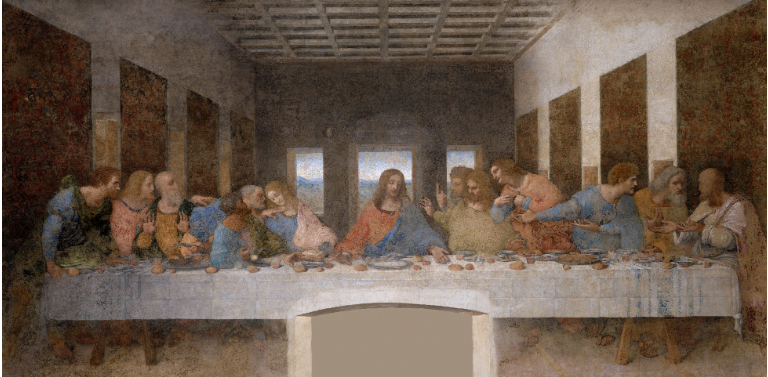Existentialism in Notes from Underground by Aarna Tyagi
- Feb 1, 2023
- 3 min read
During the 19th century, many philosophers started to question the nature of human existence. They explored the subjectivity of intangible experiences intrinsic to humanity such as emotions, thoughts, and actions. The origins of Existentialist ideologies can largely be credited to Søren Kierkegaard, also dubbed the "Father of Existentialism". Kierkegaard believed that humans had a tendency of blaming the supernatural for whatever they could not grasp and fathom with their mere brains. He was interested in the relationship between the finite man and the infinite god. This curiosity led to his discovery of Existentialism.
Fyodor Dostoevsky's Notes from Underground is considered a classic of existentialist literature. The narrator, a bitter and isolated man, represents the existentialist ideal of the individual who rejects societal norms and conventions. He sees himself as an outcast from society, and refuses to conform to the values and expectations placed upon him by others.

(Peter Freeth/Royal Academy of Art)
One of the key ideas explored in the novel is the concept of authenticity. The narrator is acutely aware of the societal expectations placed upon him and the pressure to conform, but he rejects these norms in favor of living a life that is true to himself. He asserts his own free will and refuses to be swayed by external factors, choosing instead to live life on his own terms. This aligns with the existentialist idea of the importance of authenticity and the rejection of inauthentic ways of living that are imposed by society.
The narrator's disillusionment with society and his rejection of the "Crystal Palace" utopia is also in line with existentialist thinking. Existentialists reject the idea of a predetermined destiny or a prescribed path for human life, and instead embrace the freedom to create one's own purpose and meaning. The narrator sees the vision of the "Crystal Palace" as a false and oppressive one, and instead embraces his own individuality, even if it means living a life of suffering and loneliness.
Another central theme in Notes from Underground is the struggle for individuality in the face of societal pressures. The narrator is aware of the expectations placed upon him and the pressure to conform, but he refuses to give in, choosing instead to live life on his own terms. This rejection of external authority and embrace of individual freedom is a hallmark of existentialist philosophy.
In terms of literary style, Notes from Underground also reflects the existentialist sensibility. The fragmented and stream-of-consciousness narrative style gives the reader a glimpse into the inner world of the narrator, who is grappling with the conflict between societal norms and individual freedom. The non-linear structure and use of multiple narrators also emphasize the idea that there is no single, predetermined way of living or experiencing life. Notes from Underground highlights the tension between societal norms and individual freedom, as well as the struggle to find meaning and purpose in life. The narrator's journey serves as a powerful testament to the existentialist ideal of the individual who rejects external sources of authority and embraces their own individuality, even if it means rejecting the comfort and security of societal norms.
In conclusion, Notes from Underground by Fyodor Dostoevsky is a powerful and enduring work of existentialist literature. Through the experiences of its narrator, the novel explores the themes of authenticity, rejection of societal norms, and the struggle for individuality in the face of external pressures. Its fragmented narrative style and rejection of linearity also reflect the existentialist emphasis on the subjective nature of reality and the freedom to create one's own meaning and purpose in life.
Aarna Tyagi (she/her) is a fourteen-year-old writer and avid reader who currently resides in Long Island, New York. She enjoys playing discordant yet soothing chords on the piano, reading books, writing poems, and listening to music that speaks to her soul. Her favorite musical artists are Mitski, Radiohead, Lana Del Rey, Cocteau Twins, and Men I Trust. If you don't catch her listening to music, she's probably reading poetry by Ocean Vuong and Sappho or novels by Fyodor Dostoevsky, Audre Lorde, and Franz Kafka.



Comments